Insight: The iPhone 16 is Still an Incomplete Concept Right Now
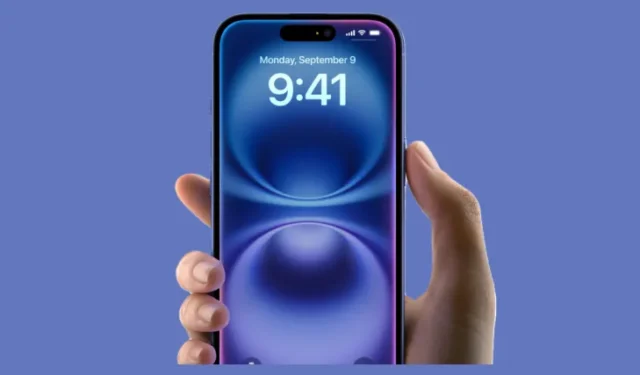
As is tradition, brand loyalists are eagerly lining up to acquire the latest iPhones. However, unlike previous years, there are numerous factors that make recommending an upgrade to this year’s iPhone 16 collection challenging.
Even putting aside the persistent delays related to Apple Intelligence, the launch itself presents only a few notable features and enhancements, such as the Camera Control button, iOS 18, and minor hardware upgrades. But do these features alone warrant the complete package that is the new iPhone 16 lineup (all four models)? Here’s our analysis.
The more things change, the more they stay the same
The iPhone 16 series truly stands out due to its vibrant color options. Notably, the iPhone 16 and iPhone 16 Plus models boast more appealing shades (Black, Teal, Pink, Ultramarine, and White) compared to the Pro and Pro Max variants (Black, White, Natural, and Desert – all in Titanium). However, if you plan on using a case, does color really matter?
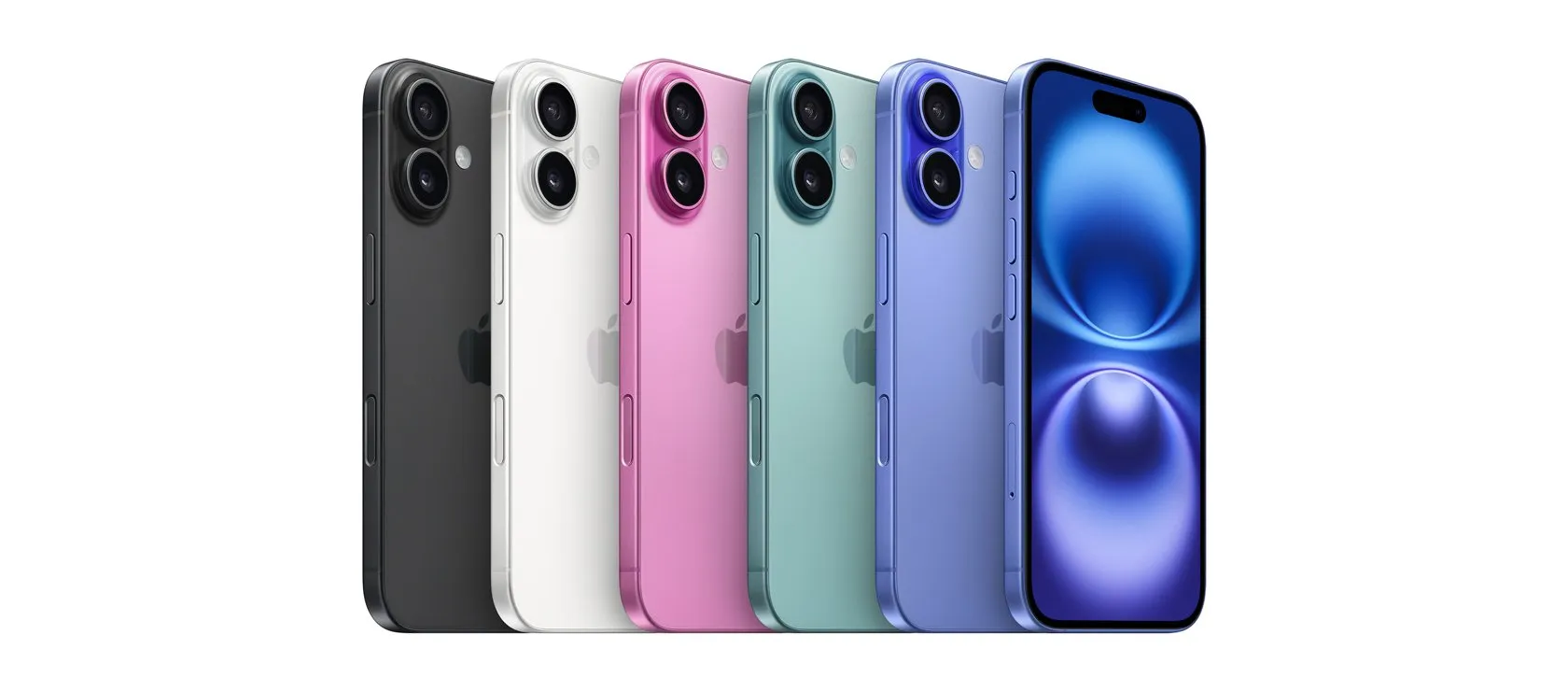
The 16 Plus offers a larger screen at 6.9 inches, with the Pro Max being the largest iPhone display ever. Thanks to the slimmer bezels, the sizes of the devices aren’t overly large. The 16 Pro Max now features the best battery life, surpassing the ‘Plus’ and effectively removing one of its key selling points.
Fortunately, prices remain consistent with last year, starting at $799 for the standard iPhone 16, with $100 increments for Plus, Pro, and Pro Max models.
And… that’s about it! While there are some minor camera enhancements (which we’ll discuss later), most features or upgrades are merely incremental, potentially leading to disappointment, especially for users whose current devices aren’t outdated. Here’s a summary of the main talking points.
TL;DR: The iPhone 16 lineup features appealing colors, battery improvements, and maintains last year’s pricing. However, the changes are sparse.
The Camera Control Button: The only standout feature of the iPhone 16
Over the years, Apple has built substantial brand loyalty among its customers. Many avid Apple fans will purchase the latest iPhone regardless of its offerings, simply due to the presence of the lowercase ‘i’. Yet for those seeking value, the iPhone often misses the mark. For example, the display on the iPhone 16 and 16 Plus remains at a 60Hz refresh rate, a stark shortcoming for a smartphone launched in 2024. Features like Always-On-Display (AOD) and the 120Hz refresh rate are exclusive to the Pro models. The camera bump design also causes instability when placing the phone on a flat surface.
Occasionally, Apple introduces a feature so intriguing that it captures all the attention, and this year that feature is the Camera Control button.
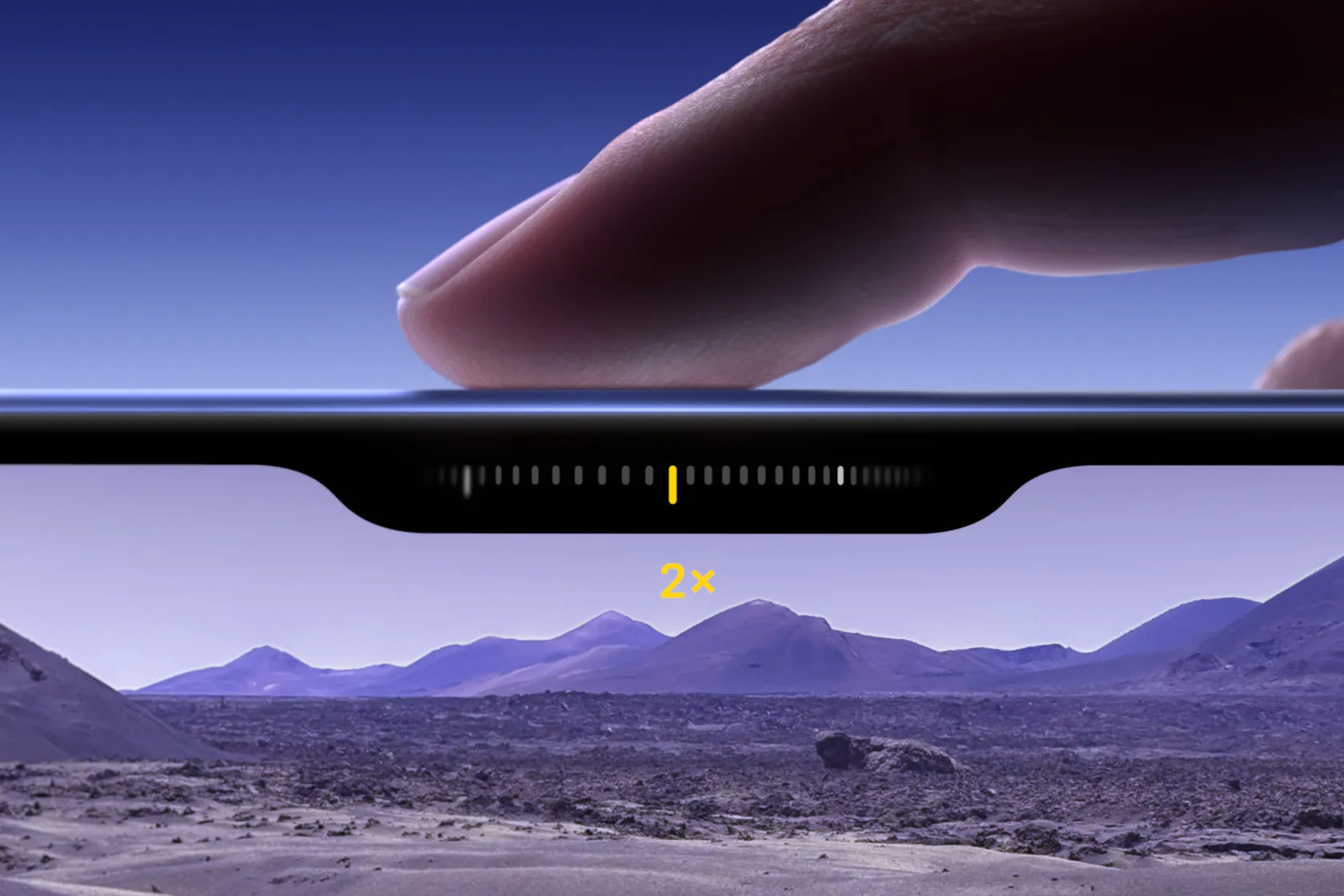
The inclusion of a dedicated Camera Control button on all iPhone 16 models could represent a significant development for smartphone photography enthusiasts. After all, who doesn’t appreciate physical buttons? However, this feature isn’t without its drawbacks.
The button is a physical, clickable mechanism that summons the camera and captures images. Additional features include a capacitive sensor for touch recognition and a high-precision force sensor that acknowledges light presses and half-clicks.
These functions, dedicated solely to the camera, allow users to configure zoom, exposure, depth of field, and even adjust image tone. While currently unavailable, the Camera Control button will soon be capable of launching camera-related apps such as Instagram, Snapchat, or third-party camera applications.
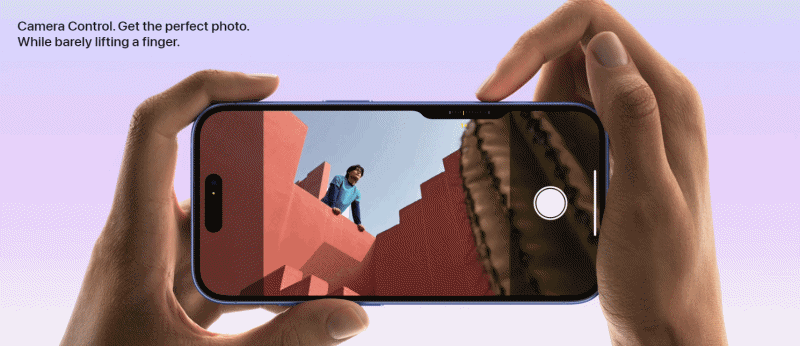
Positioned on the bottom right side, it’s designed with landscape mode in mind. However, its height is also conducive for portrait mode use. For left-handed users (approximately 1 in 10), the placement might present challenges. Using the volume rockers can also lead to accidental presses. Nevertheless, most users are likely to appreciate this addition, which could persuade some to upgrade.
Unfortunately, the Camera Control button may be the only highlight of the iPhone 16. While all four models are commendable devices, the comparison with their predecessors reveals minimal differences.
TL;DR: The dedicated Camera Control button is a valuable addition, though its placement may be problematic for some users.
Continued camera issues!
It’s well-known that recent photos taken with iPhones tend to be over-processed, leading to a battle against shadows in darker areas, resulting in images that lack contrast and appear flat.
Comment by u/heavensomething in iphone
Sadly, this overprocessing remains an issue on the iPhone 16. The good news is that the devices come with ‘Photographic Styles’ that can be applied before and after capturing an image, along with an intensity adjuster for tone and color.

Rather than reducing the level of image processing, Apple has opted to empower users with tools to adjust their images post-capture, which feels somewhat backwards.
TL;DR: The overprocessed, flat images continue to be a concern. While Photographic Styles and tone adjusters could help, they don’t substitute for reducing the processing intensity.
iOS 18 lacks cohesion
Apple’s iOS 18 represents an attempt to step outside traditional boundaries. With changes like adjustable lock screen toggles, the inclusion of third-party apps, altered icon arrangements, and a more fluid Control Center, users have greater flexibility than ever. While this customization may require an adjustment period to set up, initially, Apple’s approach received positive reactions.
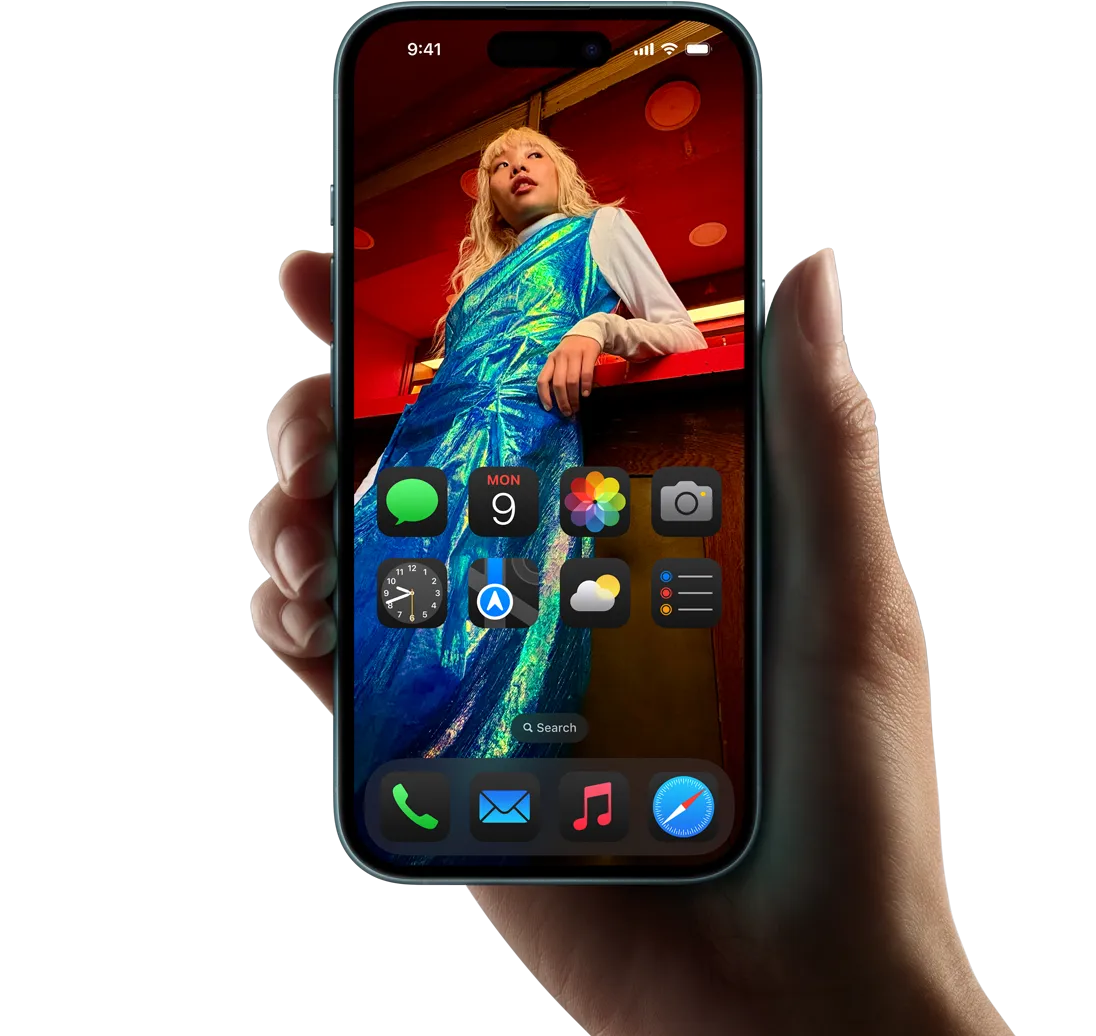
However, in several respects, iOS 18 feels incomplete. Design elements display inconsistencies, the Control Center isn’t fully customizable, and certain icons lack aesthetic appeal, standing out as jarring deviations. This is quite unusual for a company known for its design sophistication and consistency.
TL;DR: iOS 18 lacks Apple’s traditional design coherence, showcasing poorly executed customization options.
Missing Apple Intelligence features
Apple Intelligence and its various capabilities, which were heavily promoted during the ‘Glowtime’ event, including better Siri, will not be initially available with the iPhone 16. While these features could eventually enhance the value of the iPhone 16, launching without them feels a bit lazy.
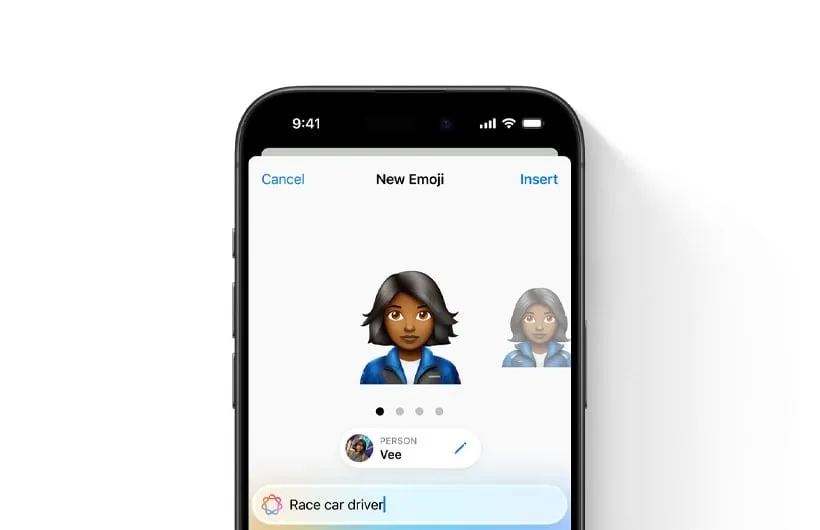
The uncertainty surrounding a launch date for Apple Intelligence is particularly frustrating for prospective buyers weighing the need for on-device AI. Apple has only indicated that this feature will be available ‘later this year’ and will initially be in ‘beta’ form.
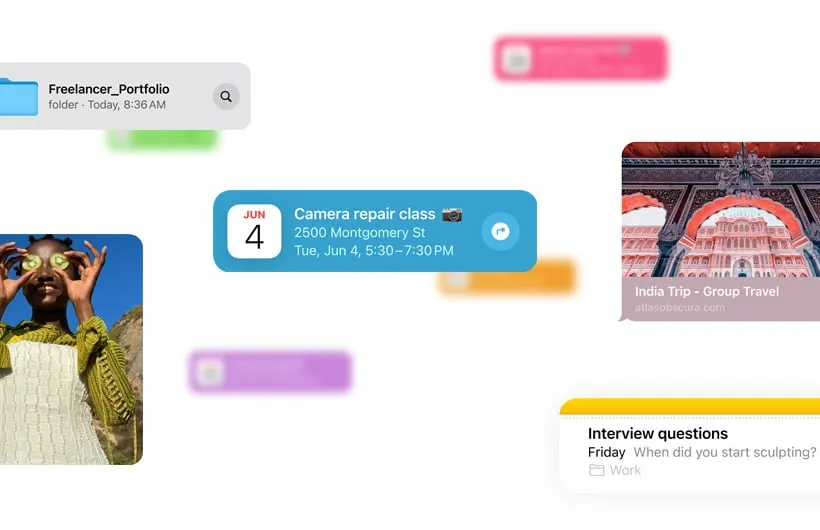
Some features, such as image creation, Genmoji, and ChatGPT integration, may not even debut this year. Additionally, those eager for Apple Intelligence in their regional language will face prolonged waiting periods. This is a crucial point to consider.
If the promise of an upcoming Apple Intelligence had not been on the horizon, deciding whether to skip this year’s iPhones would be much simpler. For now, users are expected to trust Apple with this uncertain timeline. Not ideal.
TL;DR: The iPhone 16s launch lacking many promised Apple Intelligence features, with full implementation potentially extending into next year.
Insights from early iPhone 16 reviews
Initial reviews of the iPhone 16 are less than stellar. Critics at The Verge have described the iPhone 16 as “one of the most unfinished products Apple has ever released.” The incremental changes lead to this sentiment, echoed in various assessments from reviewers.
The ‘Glowtime’ event promised significant advancements in AI integration, yet the absence of these headline features upon launch is concerning.
While the camera upgrades and the Camera Control button (including the impromptu adjustment pad) shine as notable highlights, they alone may not provide sufficient incentive for upgrades.
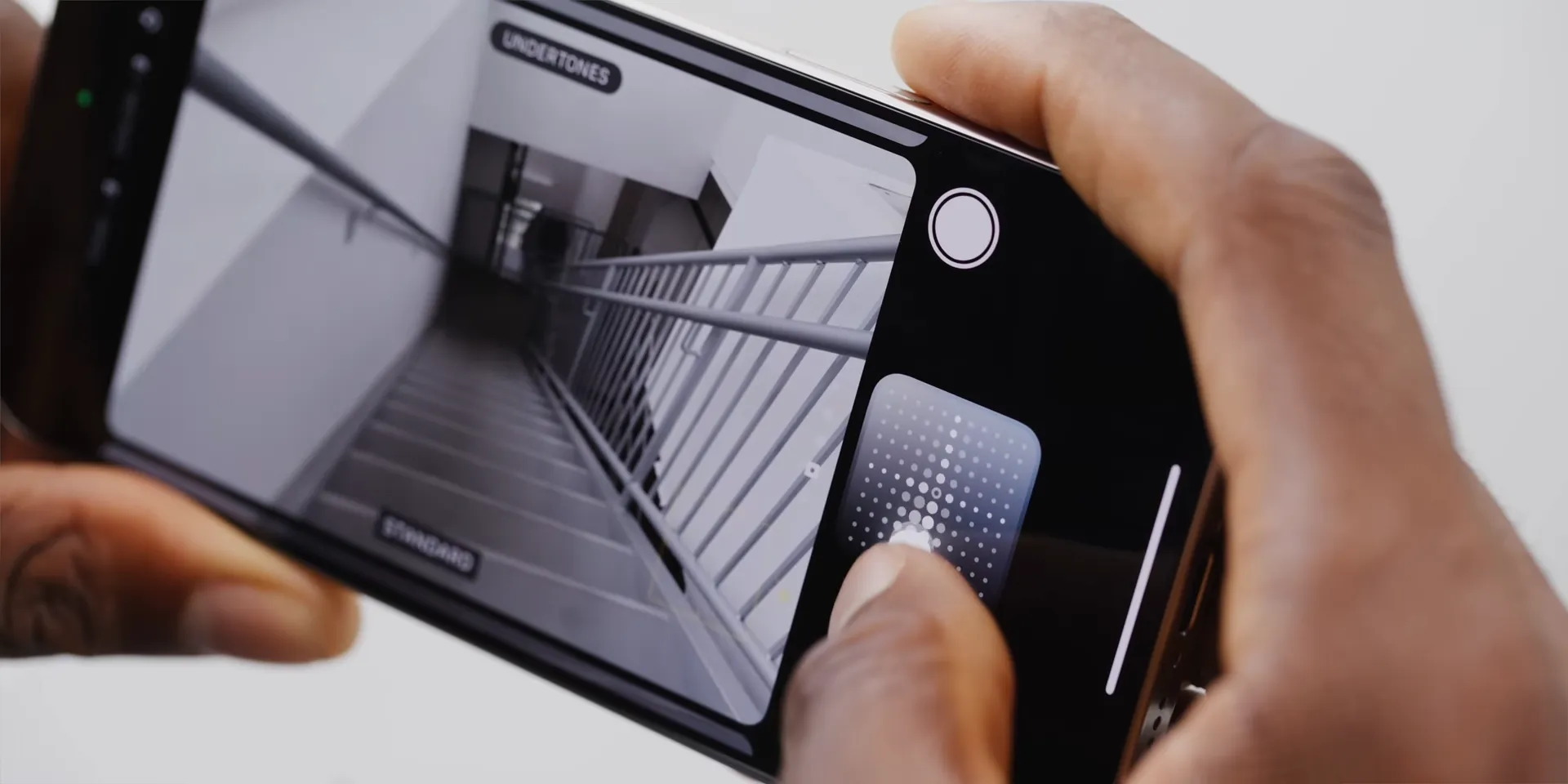
The trend toward incorporating Android features into iOS has sparked debate. I welcome this approach, provided Apple stabilizes its recognized strengths – consistency, aesthetic appeal, and reliability while allowing for functional customization where it’s truly needed.
This year’s lineup attempts to offer greater flexibility, introduce on-device AI functionality, reintroduce dedicated buttons, and pursue the familiar bigger, better, faster mantra. However, Apple seems to have underestimated the implementation delays associated with AI, which diminishes any justification for the wait. Competing effectively in a quickly evolving tech landscape is a formidable challenge.
TL;DR: Early evaluations of the iPhone 16 reveal a product that feels more like a work in progress.
Conclusion
The iPhone 16 is not merely an unfinished product or a work in progress; it embodies an incomplete idea.
Considering everything, the newly released device primarily stirs our imagination rather than fulfilling expectations. While notable features like the dedicated camera button, camera enhancements in the Pro models, and superficial customization may entice some buyers, it will be considerably more challenging for those hesitant about upgrading this year.
Time will tell how this unfolds. Unless Apple offers complete AI integration soon, this gap will become increasingly prominent. Currently, it seems wiser to hold off and reevaluate once promised features materialize.
Leave a Reply